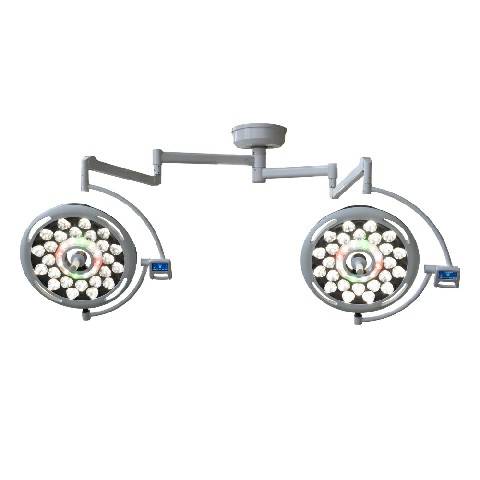Address
304 North Cardinal St.
Dorchester Center, MA 02124
Work Hours
Monday to Friday: 7AM - 7PM
Weekend: 10AM - 5PM
Surgical ceiling lights play a pivotal role in the medical field, revolutionizing the way surgeries are conducted and medical procedures are performed. These sophisticated lighting systems are more than just fixtures; they are the unsung heroes in the operating room, ensuring precision, safety, and efficiency.

Surgical ceiling lights are an integral part of modern healthcare settings. These specialized lighting systems, suspended from the ceiling in operating rooms and medical facilities, are specifically designed to provide optimal illumination during surgical procedures and medical examinations. They play a crucial role in ensuring clear visibility, precision, and safety for surgeons and medical staff during intricate procedures.
Over the years, surgical ceiling lights have evolved significantly in terms of technology and design, catering to the complex and demanding needs of the medical field. These lights have transitioned from traditional incandescent or halogen bulbs to more advanced and efficient LED-based systems, offering superior brightness, color accuracy, and energy efficiency.
The importance of surgical ceiling lights cannot be overstated, as they directly contribute to the success and efficacy of surgical interventions. Their ability to illuminate the surgical field with clarity and precision enhances the accuracy of procedures, reduces strain on medical professionals, and contributes to better patient outcomes.
| Key Components of Surgical Ceiling Lights |
|---|
| Light Source |
| Intensity Control |
| Color Rendering and Temperature |
| Adjustability and Flexibility |
| Heat Management |
| Sterilization Compatibility |










Surgical ceiling lights stand as pillars of innovation in healthcare, driving precision, safety, and efficiency. Embracing these innovative lighting solutions is paramount for the advancement of medical practices.
